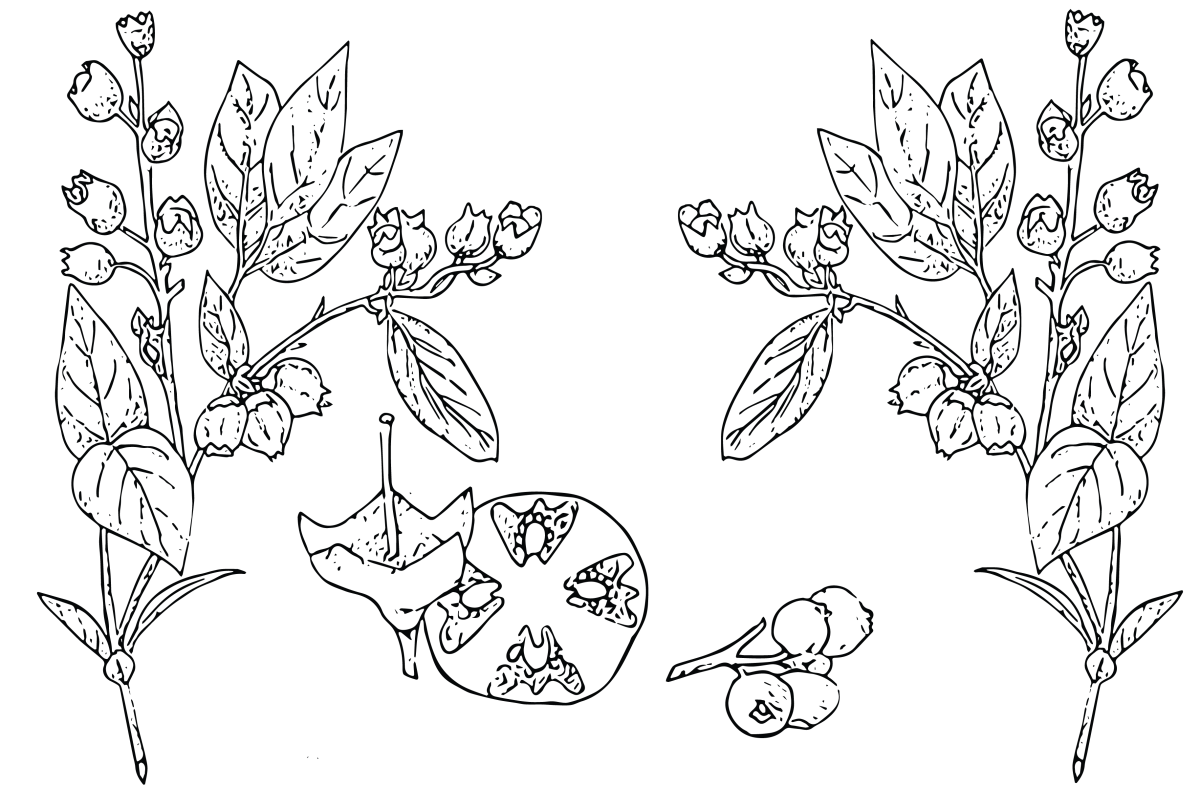
Sarah Hardison
Plant Science Initiative
As part of a larger plan to prepare NC State for a changing agricultural landscape, the Plant Sciences Initiative is working toward keeping the university competitive by providing unique, science-based solutions to the agricultural problems facing our world today. The initiative includes building the largest building on NC State’s campus — a research complex on Centennial Campus which is based on helping both students and researchers from across many disciplines.
Richard Linton, dean of the College of Agriculture and Life Sciences, has been working on the project since 2012. His focus has been on coordinating efforts to turn the initiative into a reality, including meeting the research facility’s completion date.
“The facility piece of the project is a building that will be built on Centennial Campus,” Linton said. “It will be the largest building on the NC State campus. It’ll will be a 2,200 square-foot facility that will be completed in August of 2021.”
The project’s goal is to be the best in the world when it comes to plant sciences, and the research building is just one part of that. The second component of the project consists of doing research to support farmers and other agribusiness.
“The premise of this initiative, with the building and programmatically, is to be able to complete interdisciplinary science to be able to solve the world’s challenges associated with plants,” Linton said. “This includes water use and water management, food security, food safety, new varieties of plants, protecting plants from disease and drought conditions. These kinds of things are what we call grand global challenges, and the idea is to be able to bring scientist from many different fields together.”
Linton hopes the project will bring researchers from many different fields together, including economists, engineers, plant scientists, soil scientists and microbiologists. He felt that having this on NC State’s campus will enhance students’ experiences, exposing them to many different disciplines working together, which is much more closely linked to what happens in the real world.
“Our goal is to be the best in the world when it comes to plant sciences,” Linton said. “We need to prepare our students for the future. We estimate that about 84 percent of all jobs in agriculture will be jobs that involve a plant science component. We’re really looking at trying to be able to prepare for the future so that our students are not only competitive for the workforce, but they can also be prepared to be leaders.”
The Plant Sciences Initiative is a project that will continue to improve plants and develop new technologies for use in the future. The project is looking at engaging not only the NC State community, but also working with industry and the state and federal government to better prepare them for the future of agriculture.
“I envision 15 years from now we will be developing new technologies that can plant varieties that grow better, are resistant to disease and yield more,” Linton said. “They’re healthier, and we’re looking at plants that are used for a wide variety of functions — plants that humans eat, plants that animals may use as feed, plants that we may use for bioenergy and then all the plants when you open up your front door that you see around you, from grass and turf to ornamental trees and bushes. We’re looking at trying to improve all kinds of plants.”